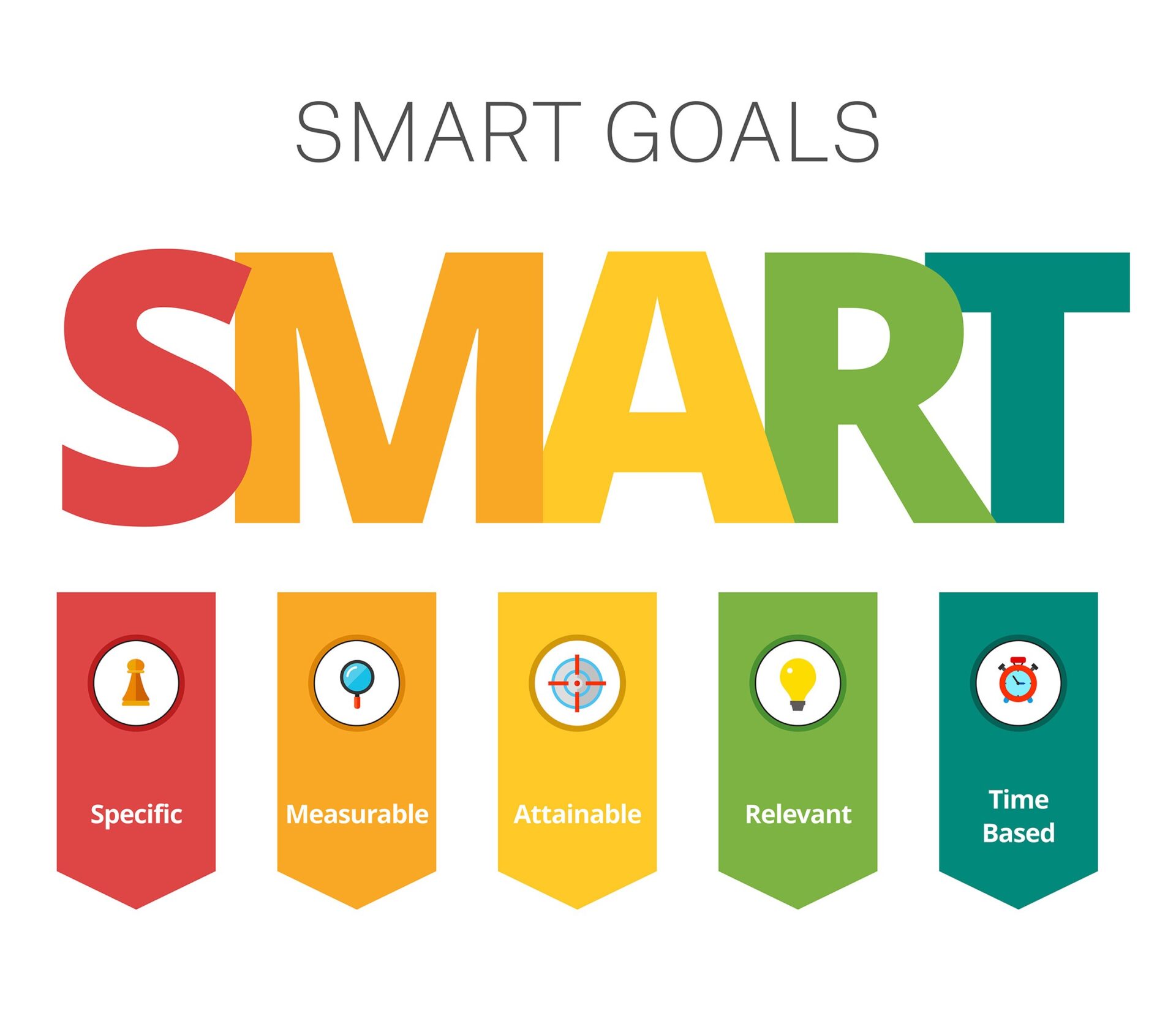With these smart HR managers goals, you can accelerate company growth, improve brand reputation, and create a happy, productive environment for employees. The human resources function is widely regarded as the gatekeeper to an organization’s productive workforce. It is a strategic business partner that facilitates organizational growth by, among other things, hiring the right talent, aligning learning and development objectives with organizational needs, and so on. However, human resources are no longer just a support function in charge of hiring and retaining employees. As organizations accelerate their digital transformation journeys, new operational norms will emerge.
And it is at this point that HR revisits its fundamental goals, such as hiring new talent, employee retention, communication, employee appraisals, and so on, and aligns these goals with changing realities. As a result, policies and processes must be realigned.
What are HR managers SMART goals and objectives?
HR SMART objectives provide much-needed clarity and alignment. The acronym SMART stands for Specific, Measurable, Attainable, Relevant, and Timely, and it refers to objectives that are not vague, misdirected, or impossible to implement.
SMART goals disintegrate the organization’s overriding vision into tiny, bite-sized portions for each department to use in setting their participants’ KPIs (Key Performance Indicators) and OKRs (Objectives and Key Results) (Objectives and Key Responsibilities).
As organizations continue to innovate or expand their business through new market opportunities, HR goals such as “increase hiring by 200 percent in comparison to last year” would be a diversion from the company’s objectives.
Why should human resource professionals set SMART goals?
SMART goals assist the HR department in keeping the organizational mission in mind at all times and working towards the organization’s greater good. Even the best-laid plans can fail if they lack specific, measurable, achievable, relevant, and timely goals. SMART goals for HR professionals provide them with measurable targets as well as the means to achieve them, keeping them focused and motivated throughout. HR professionals can track their progress against predetermined goals.
They can quickly detect any deviation from the predefined path and correct it, saving time and resources. HR SMART goals assist HR in quantifying their requirements so that they clearly understand what needs to be requested from the board, in terms of budget and resources, in order to meet their goals.
Similarly, HR SMART goals help quantify the results, such as a percentage contribution to the organization’s overall growth in terms of brand enhancement, improved employee feedback, and a larger skill pool. When followed consistently, SMART goals provide a significant push in the right direction for the company culture, making it desirable for both future candidates and investors.
Human Resources SMART Goals Examples
If the firm would have to cut costs, for example, the HR department’s Smart objective would be to “increase annual retention from 80% to 90%.” The reasoning is that the company cannot afford to lose existing talent because it cannot hire new employees.
Companies may become complacent about retention during economic downturns, assuming that employees receive job stability above all else and will not take a chance by changing jobs.
However, according to the Bureau of Labor Statistics, employee turnover has remained relatively stable in recent years, making the SMART goal of employee retention even more relevant. This Strategy address can be subdivided into further tactics to attain it, such as employee rewards and recognition programs, possibilities to upskill/reskill, and so on.
Consider the following SMART goals for HR professionals:
Redesign the Employee Experience
Recruiting and retaining the best and brightest is one of the most important goals for any organization that wants to succeed. As an HR professional, you must assist the company in achieving this goal by maintaining a high level of employee experience. You should make sure that new and existing employees are excited to work for the company and aren’t looking for other opportunities.
Recruiting and Selection
It’s time to take a step back, assess your talent management achievements, and set new recruitment goals. As static recruiting methods give way to smart goals, hiring managers must make time to keep up with the changing trends. Set the right targets for 2022 to keep the recruiting game healthy.
Retention of Talent
Talent retention is difficult for most organizations, and many don’t even have a retention strategy or goal in place. Employee retention is a major concern, especially given the historically low unemployment rate and the ongoing battle for talent.
Finally, three tips for HR professionals on setting personal SMART goals.
- Before you do anything else, learn about the HR industry’s ecosystem and what resources are available.
- After you’ve learned everything there is to know about HR’s broad topics, you’ll need to decide whether you want to work as a generalist HR professional or a specialist in one or two areas.
- Once you’ve decided whether you want to be a generalist or a specialist, you should seek out additional educational opportunities, such as workshops and seminars, and gain more experience in your field.
